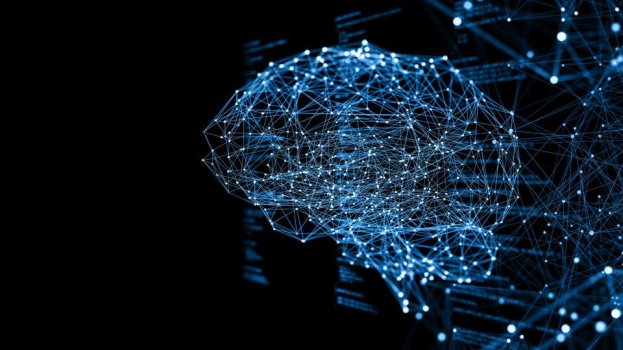It is an old adage that nothing ever stays the same, but businesses today must yearn for the time when there was not an endless stream of regulation and new compliance responsibilities to contend with. This enormous volume of regulation and legislation affects all businesses.
Regulatory compliance exercises already pose a significant challenge to legal departments, made harder by both the unprecedented volumes of legal and enterprise data that needs to be reviewed and the complex corporate operating structures that often see relevant information siloed across different storage locations, whether it's cloud environments or employee laptops. All the while, the economic, reputational and, more recently, ethical repercussions of noncompliance have never been greater.
Under this regulatory deluge, many legal professionals are still reliant on rudimentary technologies and traditional, manual document review techniques to locate relevant information across an enterprise's contractual landscape. Such methods present not only countless inefficiencies, but they also place lawyers at significant risk of missing key information during a review. The need for AI has never been more evident. AI can understand vast numbers of legal documents in mere seconds, understanding, processing and flagging information for lawyers to analyze and act upon.
To appreciate the value of the reactivity and adaptability of AI to global regulation, one needs only to consider the current sanctions imposed on Russia, in response to which legal teams have had to take immediate action to assess their client or organization's level of exposure to sanctioned entities. As AI reads and understands legal documentation at speed, it can immediately provide a holistic overview of any organization's business activities, including those linked to Russia. AI would not only identify all geographies present within contracts, displaying any contractual ties to Russian entities, but it would also surface documents containing references to Russian places and legal structures.
Continue reading: https://www.forbes.com/sites/forbestechcouncil/2022/06/29/adopting-ai-to-manage-regulatory-complexity/?sh=475590092300
Regulatory compliance exercises already pose a significant challenge to legal departments, made harder by both the unprecedented volumes of legal and enterprise data that needs to be reviewed and the complex corporate operating structures that often see relevant information siloed across different storage locations, whether it's cloud environments or employee laptops. All the while, the economic, reputational and, more recently, ethical repercussions of noncompliance have never been greater.
Under this regulatory deluge, many legal professionals are still reliant on rudimentary technologies and traditional, manual document review techniques to locate relevant information across an enterprise's contractual landscape. Such methods present not only countless inefficiencies, but they also place lawyers at significant risk of missing key information during a review. The need for AI has never been more evident. AI can understand vast numbers of legal documents in mere seconds, understanding, processing and flagging information for lawyers to analyze and act upon.
To appreciate the value of the reactivity and adaptability of AI to global regulation, one needs only to consider the current sanctions imposed on Russia, in response to which legal teams have had to take immediate action to assess their client or organization's level of exposure to sanctioned entities. As AI reads and understands legal documentation at speed, it can immediately provide a holistic overview of any organization's business activities, including those linked to Russia. AI would not only identify all geographies present within contracts, displaying any contractual ties to Russian entities, but it would also surface documents containing references to Russian places and legal structures.
Continue reading: https://www.forbes.com/sites/forbestechcouncil/2022/06/29/adopting-ai-to-manage-regulatory-complexity/?sh=475590092300

